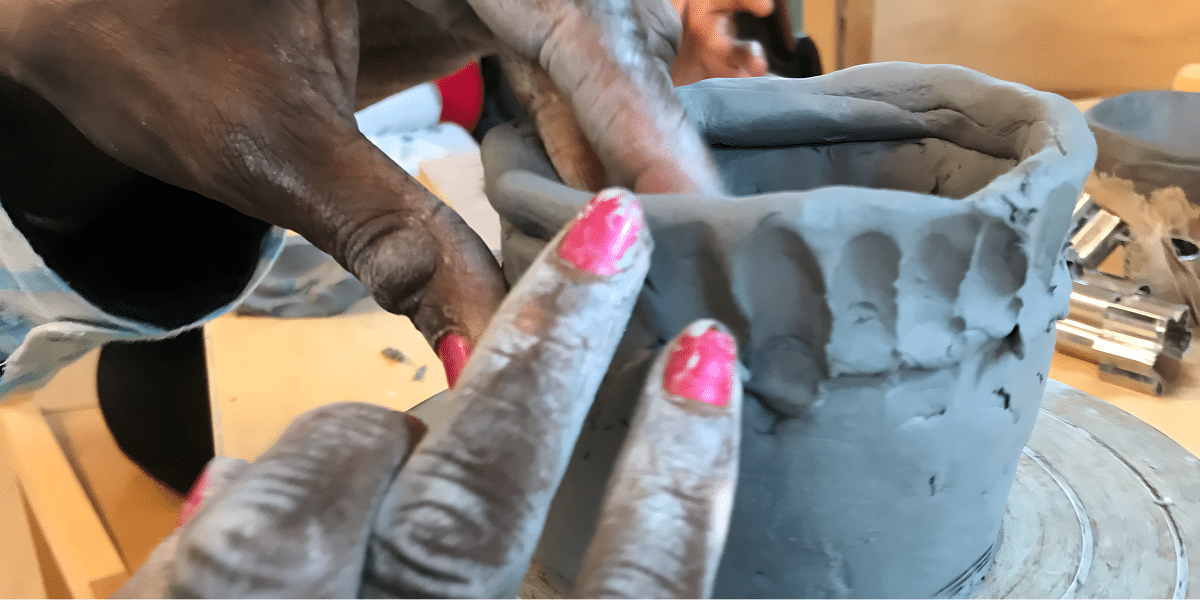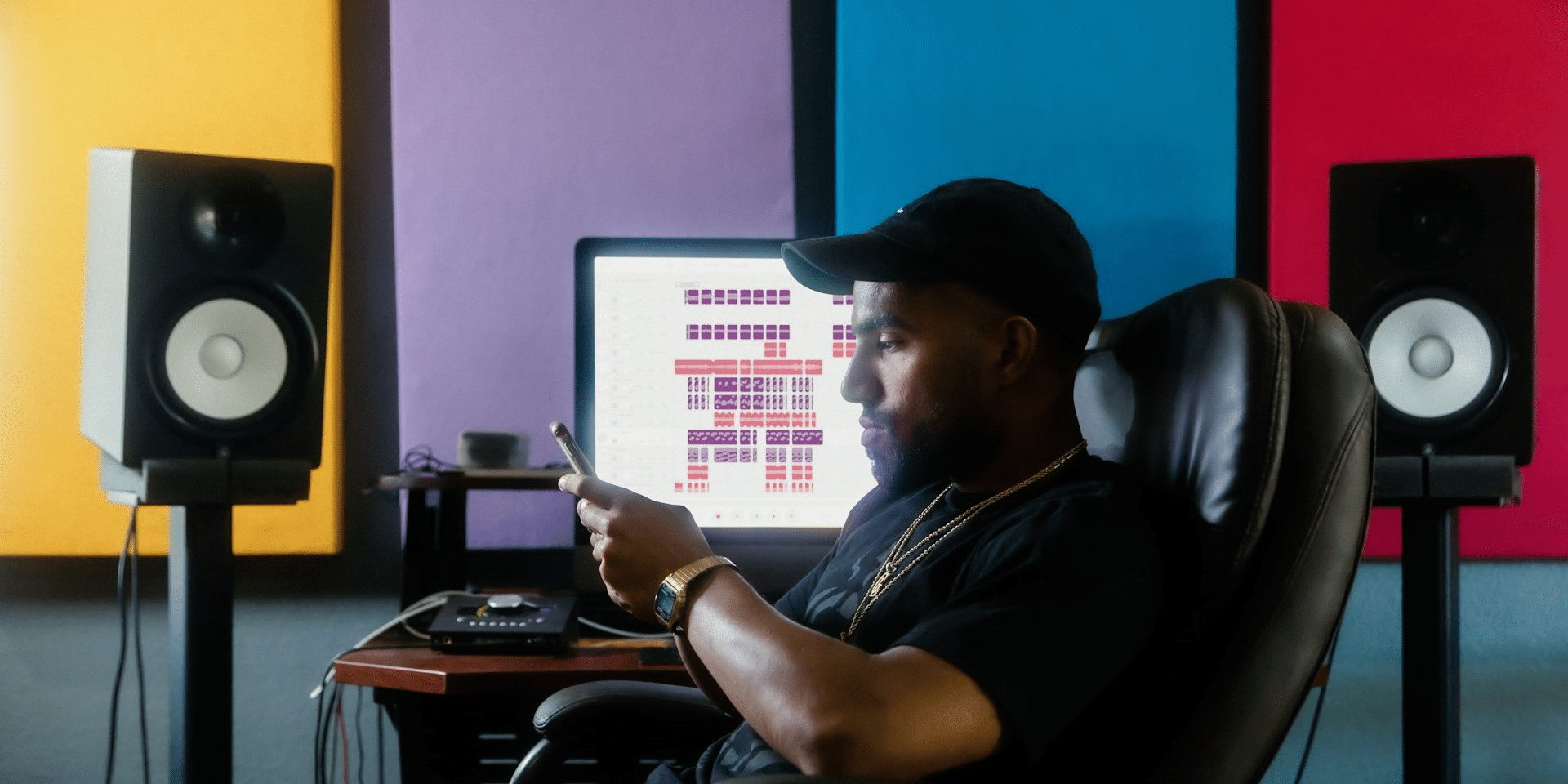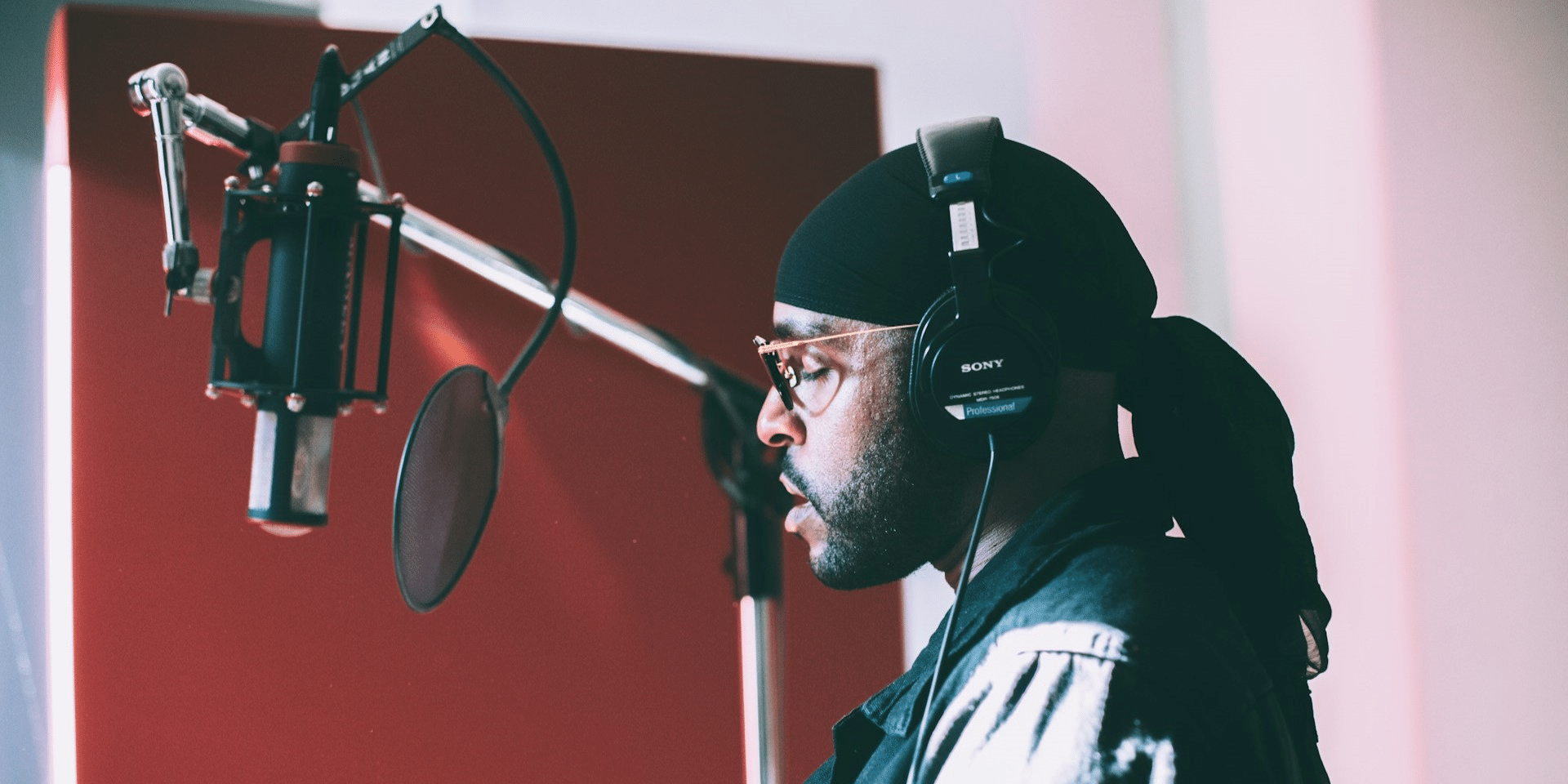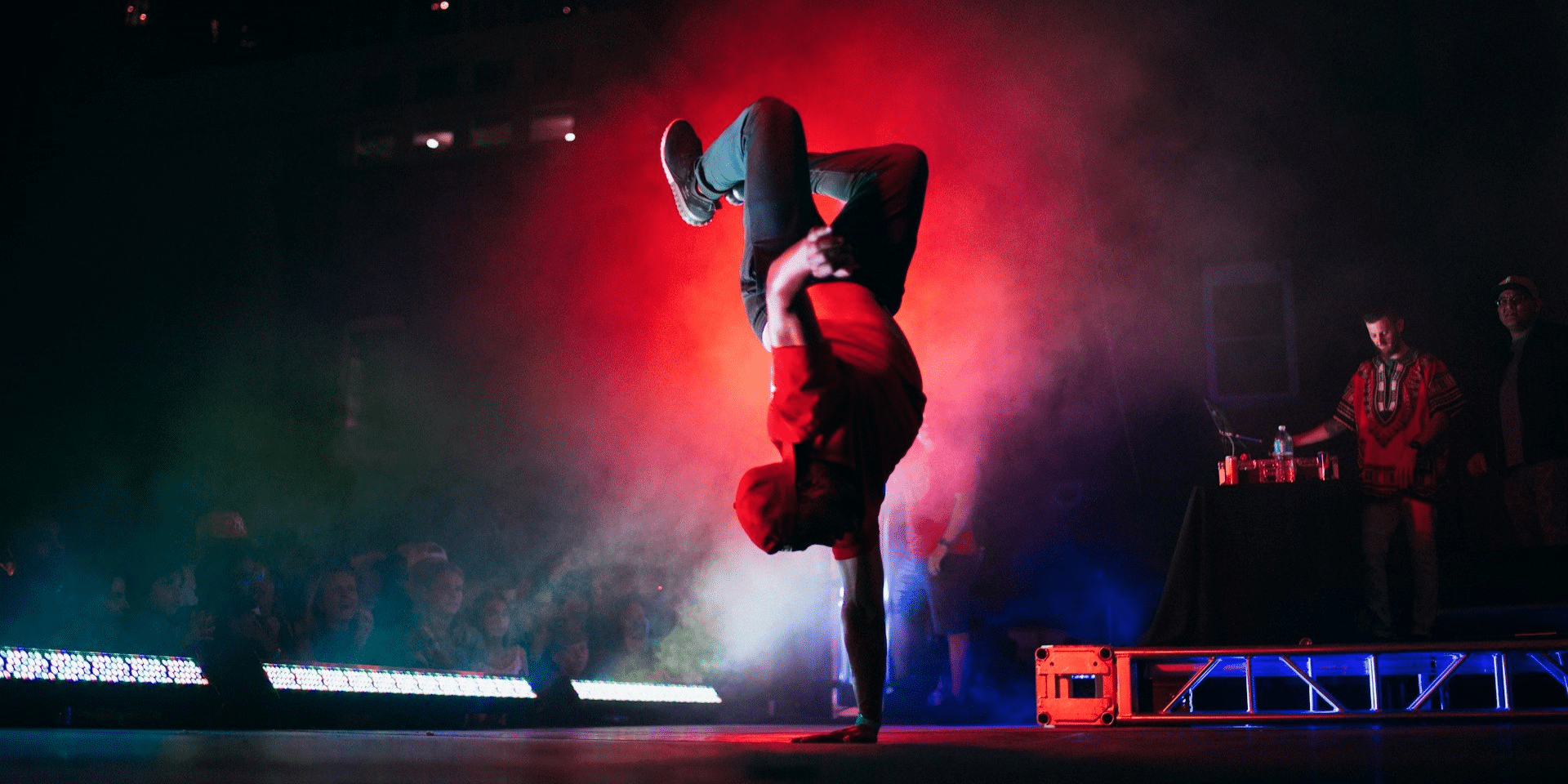Music videos – they’re mini-movies for your favorite songs, a visual feast packed with storylines, dance routines, and sometimes, the musician themselves stepping into a whole new role. But have you ever wondered how singers transform into actors for their music videos? It might seem like a natural leap – they’re already performers after all – but there’s more to it than meets the eye.
Beyond the Microphone: The Allure of Acting in Music Videos
For some musicians, starring in their music videos is an extension of their artistry. They see it as a chance to bring their music to life, to visually tell the story behind the song, and connect with their audience on a deeper level. Think Beyoncé in “Formation” or David Bowie in “Ashes to Ashes” – iconic performances that cemented the music video as a true art form.
From Gig Lights to Green Screens: The Skills That Translate
So, what skills do musicians bring to the table that make them good candidates for acting in their music videos? Here are a few:
- Stage Presence: Musicians are natural performers, comfortable commanding attention on stage. This translates well to music videos, where they need to embody a character and captivate the viewers. They already know how to connect with an audience, even if it’s through a camera lens.
- Musicality: Let’s face it, music videos are all about the music. Musicians inherently understand the rhythm and flow of a song, which can help them interpret the director’s vision and move with intentionality. They can feel the music and translate that emotion into their performance.
- Adaptability: Touring musicians are pros at adapting to new environments and unexpected situations. This adaptability translates well to the sometimes chaotic world of music video shoots, where schedules can change and creative decisions happen on the fly.
The Road to Music Video Stardom: It’s Not Just About Singing
While musicians have a natural head start, successfully acting in a music video requires some additional skills:
- Acting Basics: While a full-blown acting degree might not be necessary, understanding basic acting techniques like character development, emotional expression, and delivery can significantly elevate a music video performance. Some musicians might take workshops or work with acting coaches to brush up on their skills.
- Taking Direction: Music videos are a director’s vision, and musicians need to be comfortable taking direction and collaborating with the creative team. They need to understand the overall concept and be willing to try different approaches to bring the director’s vision to life.
- Screen Presence: There’s a difference between captivating a live audience and holding attention on a screen. Musicians need to develop a certain screen presence – the ability to connect with the viewer despite the physical barrier of the camera. It’s about expressing emotions subtly, using facial expressions effectively, and being comfortable in silence.
Not All Music Videos Require Acting Chops: The Different Approaches
It’s important to note that not all music videos require a full-blown acting performance from the musician. Here are some different approaches:
- The Performance Showcase: Sometimes, the music video is all about the music itself. The musician might simply perform the song, showcasing their stage presence and letting the music take center stage. Think of a Bruce Springsteen concert video – the focus is on the raw energy of the performance.
- The Cameo King/Queen: Musicians might make a cameo appearance in their music videos, playing a bit part or simply showing their face here and there. This is a fun way to add a personal touch without requiring extensive acting.
- The Narrative Muse: Some music videos tell a story, and the musician might act as a narrator or a character within the narrative. This requires some acting chops, but the focus might be more on delivering lines or conveying emotions through dialogue rather than full-blown character development.
From One Stage to Another: It’s All About the Art
Ultimately, the decision of whether or not to act in their music videos comes down to the artist’s vision and comfort level. Some musicians prefer to stay behind the microphone, while others relish the opportunity to explore their artistic side in a new way. Regardless of the approach, music videos offer a platform for musicians to push boundaries, experiment with storytelling, and connect with their audience on a deeper level. So, the next time you watch a music video, pay attention not just to the music, but also to the artist’s performance. You might be surprised by the hidden acting talents lurking behind the microphone.
















